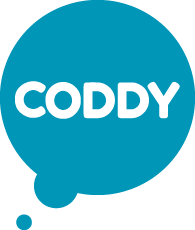Conceptual art: characteristics, origins and differences to other art forms
Conceptual art is a key element in the process of developing video games, movies, comics, books, and other works of art. It is the art of creating a conceptual image to convey the idea of a future product. It is used to enhance the level of detail and elegance to visualize and refine the final product and present it in the best possible light.

Conceptual art drawn in the program ArtStation - the largest international website for professional artists in the digital field.
Content
Introduction to the concept of conceptual art
Phases of the creation of conceptual art
The process of creating a figure in conceptual art
One of the main characteristics of conceptual art is its vivid and emotional representation. The concept artist usually works closely with the art historians, designers and developers working on the project to refine the creative idea, and also involves technical experts. He takes care to properly convey the emotional component through color, mood, lighting, and composition.
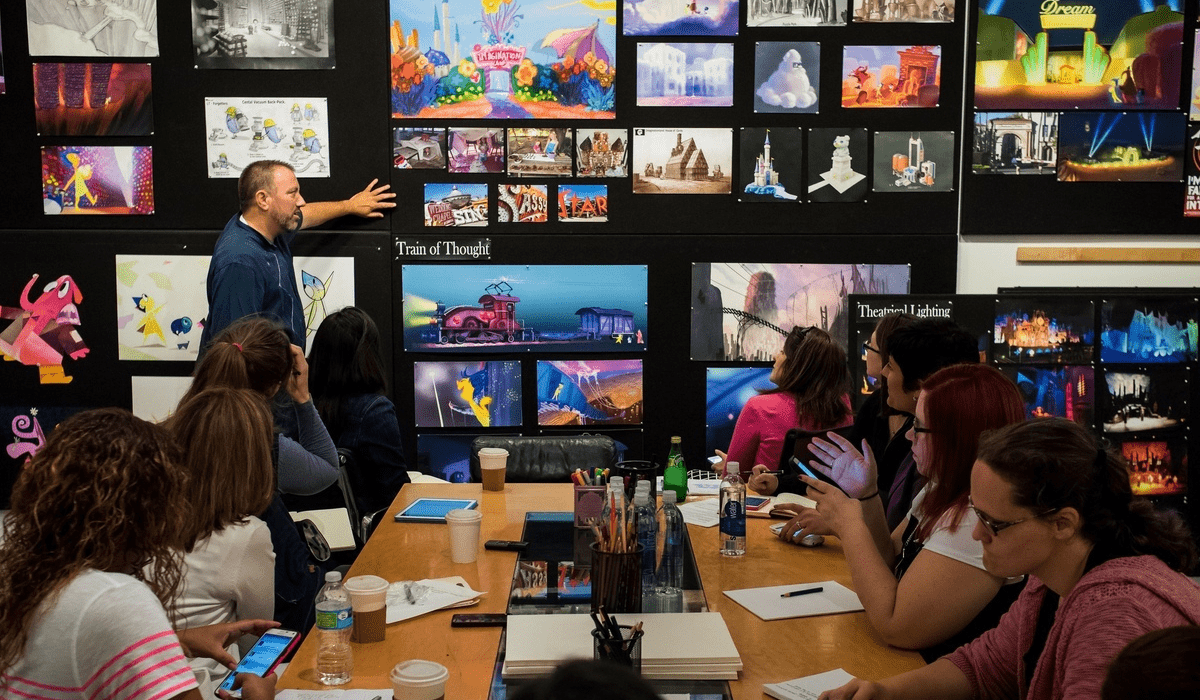
The development of the cartoon "Puzzle"
One of the key elements of conceptual art is the creation of characters: heroes, villains, and other characters. Concept artists can define their appearance, clothing style, emotional characteristics, traits, etc.
***
How to create conceptual art
The phases of game creation are similar to the phases of character creation.
Let's take a closer look:
Step one
It is about developing the idea and the overall concept. At this stage, a team of artists, designers and producers define the main features of the images, the environment and the plot, describe the main characters, the settings, the objects and the atmosphere of the project. You will need to decide on the genre, time and place, as well as the color palette, style and tone of the project. Of course, this may change during the creation of the game, so it will be difficult to distinguish it from the previous version. This is where you set the task for the artist.

It is important to discuss all the details right at the beginning so that you do not have to correct inaccuracies at the end.
If the general concept already exists, for example, when the studio develops the second part of the game, the artist is assigned a creative task. At this stage, he examines the task or idea and begins to develop various concepts that fit the task. He can draw inspiration not only from literature and films, but also from nature, for example.
Phase two
Sketching (composition sketch)
Next, the artists are busy sketching. They draw the main characters, weapons, clothing, the arrangement of objects and landscapes. Some artists use paper and pencil, while others work in graphic editors or 3D programs, or create photo collages. At this stage, the most important step is masking. It is important that artists stay within the framework of what has been established by the ideas.
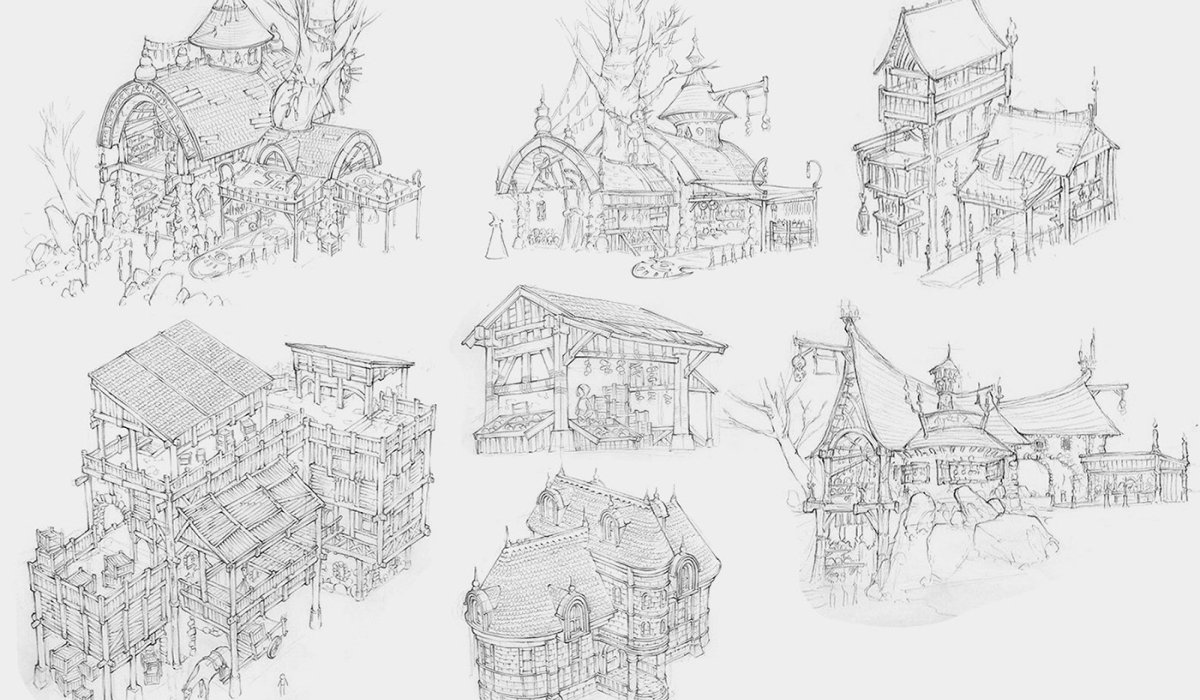
The illustration of the object on the sketch is made according to the rules of rectangular projection, but by hand, respecting the glasomatic scale.
In this phase, the artist begins to create the first sketches of conceptual art, using his ideas and inspirations from the first phase. These sketches can be simple or detailed, depending on the project.
Concept art comes in several categories, and the choice of category depends on what exactly you want to visualize. To illustrate, we've given examples from the legendary game "The Last of Us".
1. Characteristic Conceptual Art. This type of art focuses on the creation of characters, their appearance, emotions and style of dress.
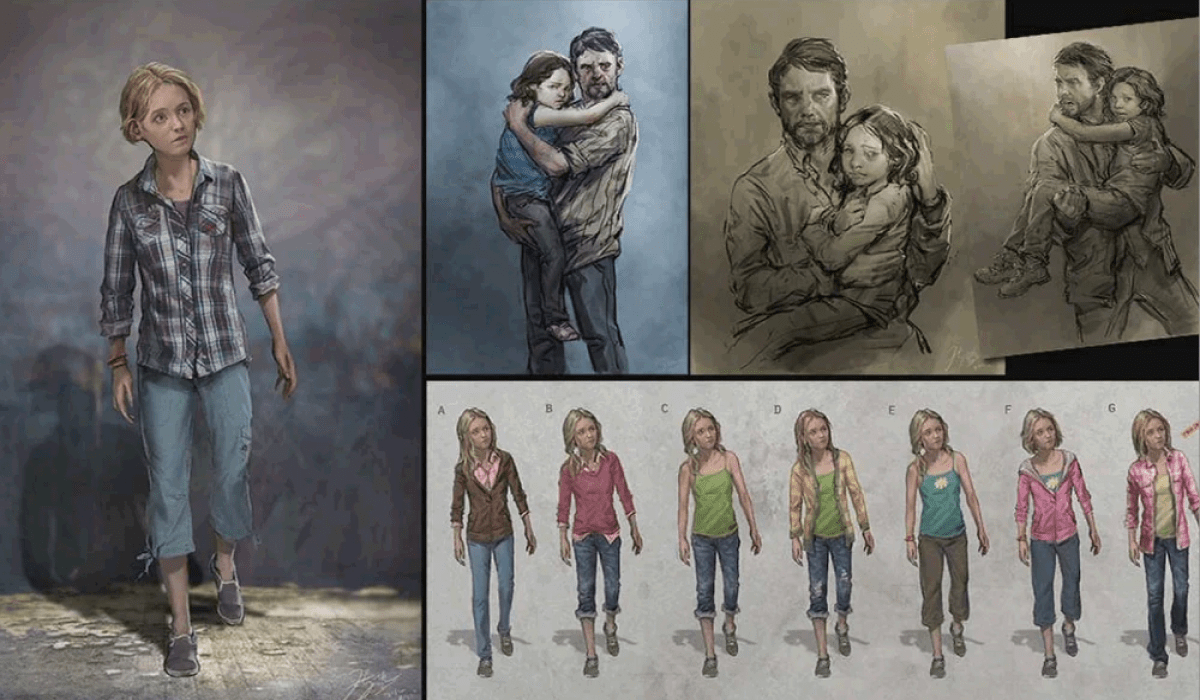
Sarah Miller is a 12-year-old girl, Joel's daughter, a playable character in the prologue of The Last of Us. Her death greatly affected her father's character and is in many ways the initial setup of his character.
2. Medium Conceptual Art. Here worlds and environments are created for a story or game. From cityscapes to interiors, everything is included in this art form.
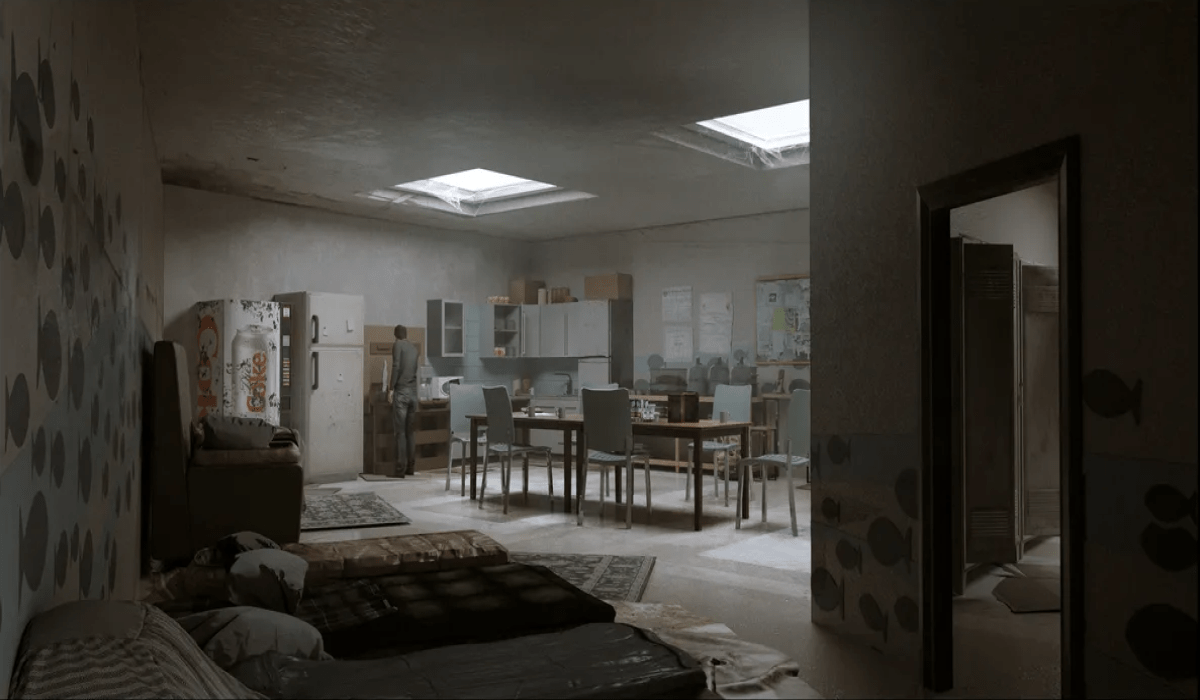
Concepts for Owen's room at the oceanarium were months in the making - it was a very important location in the game.
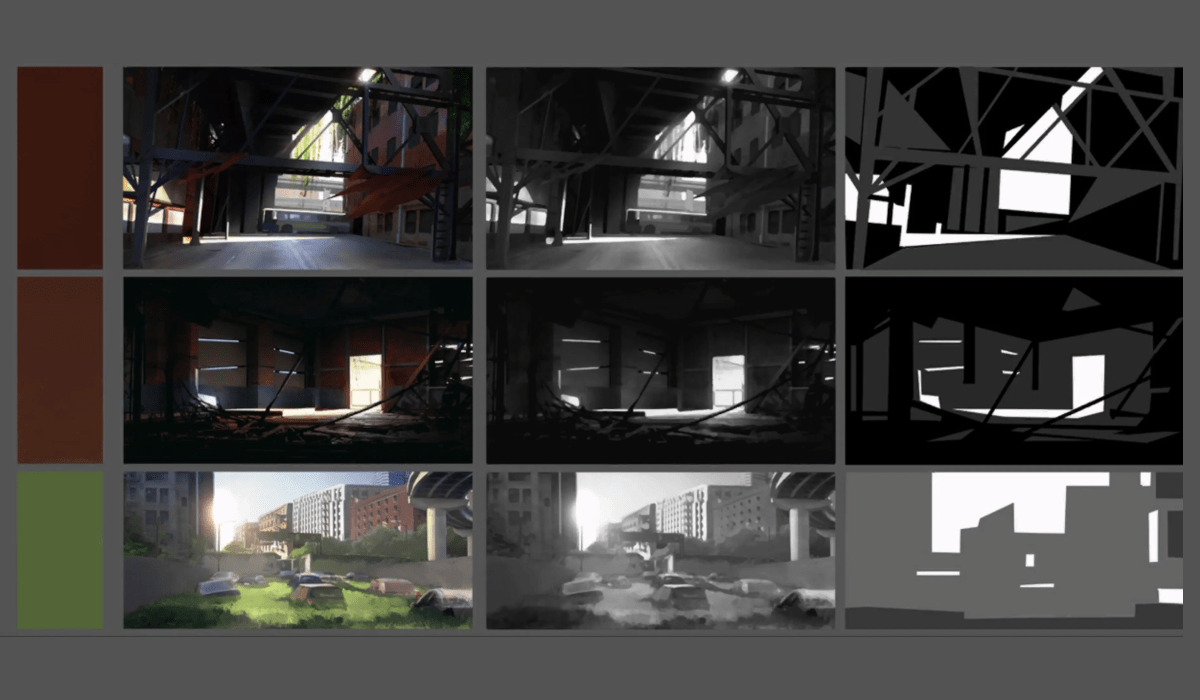
the process of creating locations
The locations in The Last of Us 2 had to be the carriers of real stories. The developers were committed to conveying narrative through the environment, and the artists had to create concepts in a way that made it obvious: rooms and abandoned buildings captured markings that testified to the lives and characters of their owners.
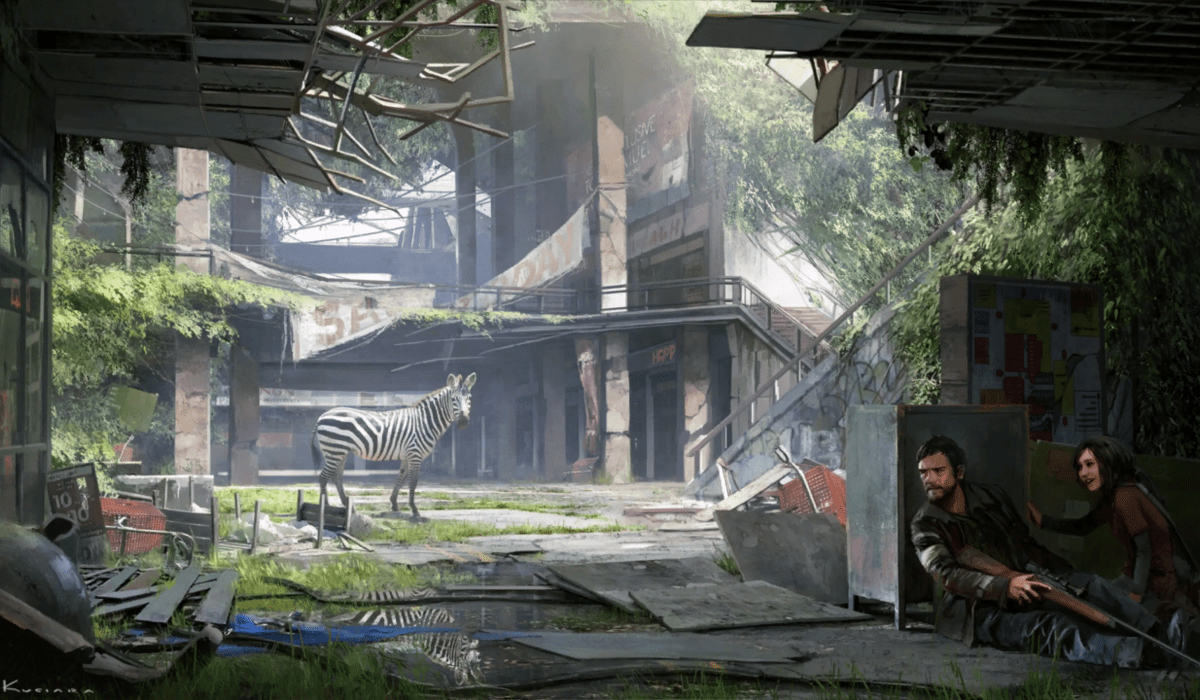
During the arduous journey of 14-year-old Ellie and Joel, a smuggler from Boston, encountered cute animals
3. Object conceptual art. This type of art deals with the design of objects such as weapons, devices, vehicles, or other items that can be used by characters.
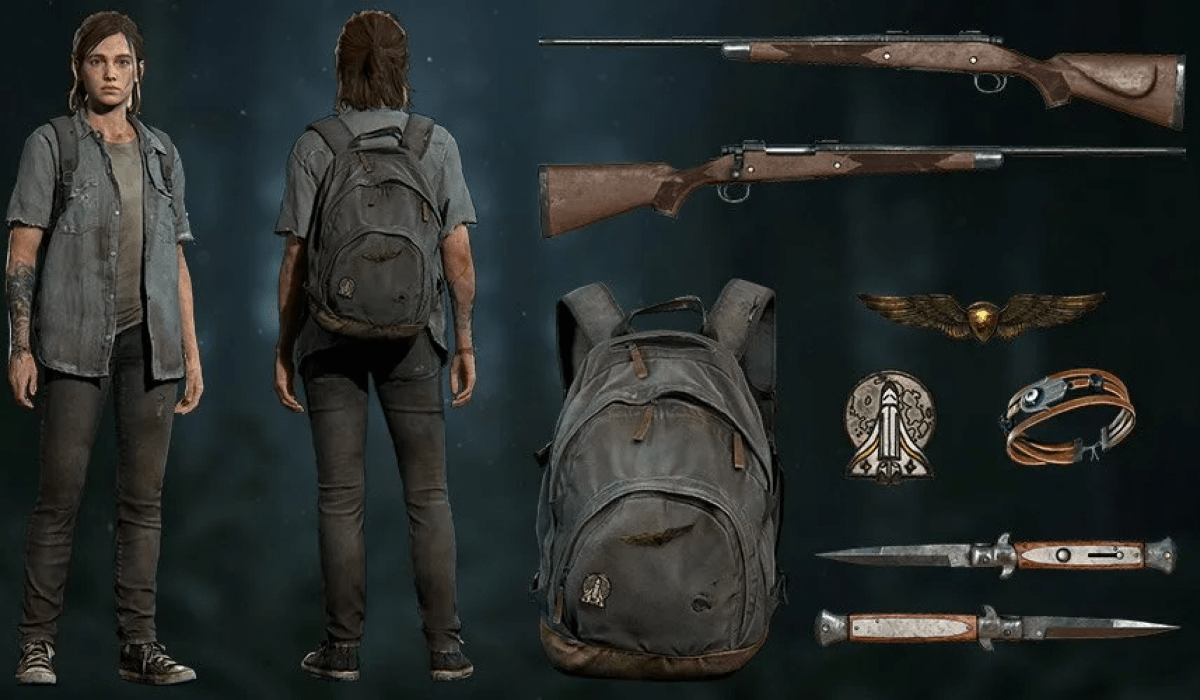
Ellie's tools
4. Conceptual art scene. Here artists design individual scenes or moments that could be central to a game or story. This helps create a general atmosphere and mood for the project.
When developing concept art for the warehouse, artist Vorja went to a local IKEA store, where after talking to the employees he was allowed to take some photos of the interior of the company's real warehouse.These photos allowed the concept artist to create a realistic interior, which served as the basis for the post-apocalyptic version of the warehouse, in which the characters of the game will find themselves at some point.
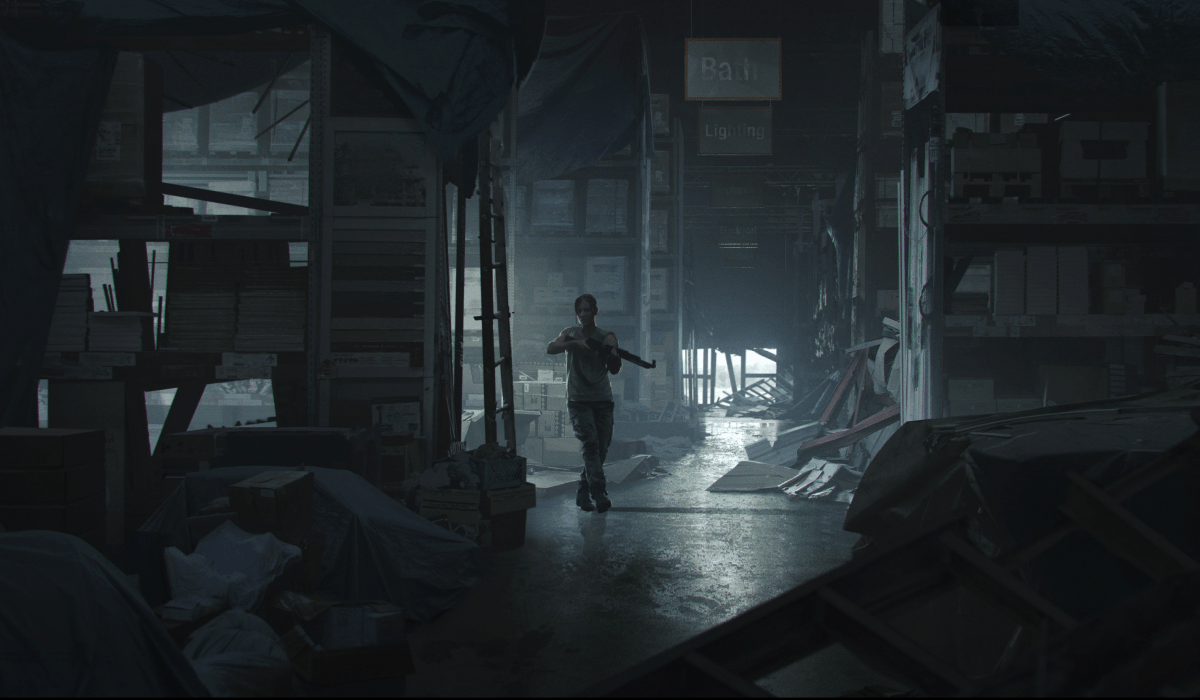
warehouse
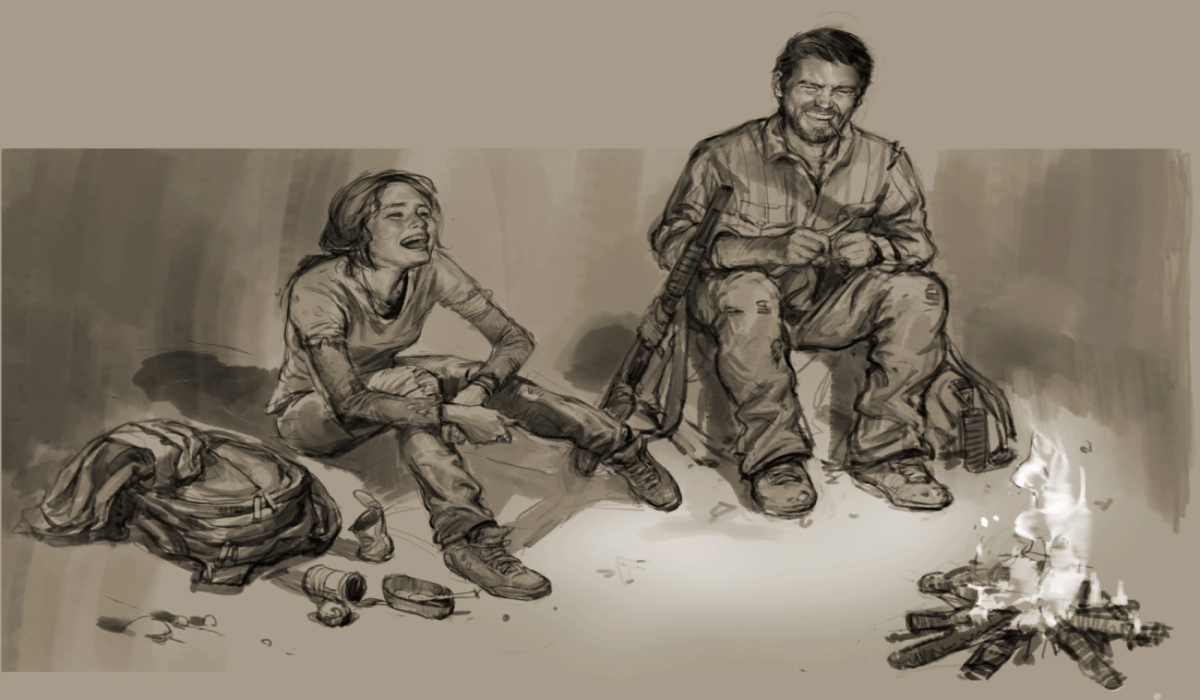
Ellie has a book of puns that she will read aloud from time to time in the game to lighten her mood. After listening to all the jokes, the achievement "I Have No More" will be unlocked. Her books are available in the artifacts section of her backpack, but you must play as the character to view them.
5. Costume Concept. This is a special type of concept art that focuses on the design of clothing and costumes for the characters in a project.
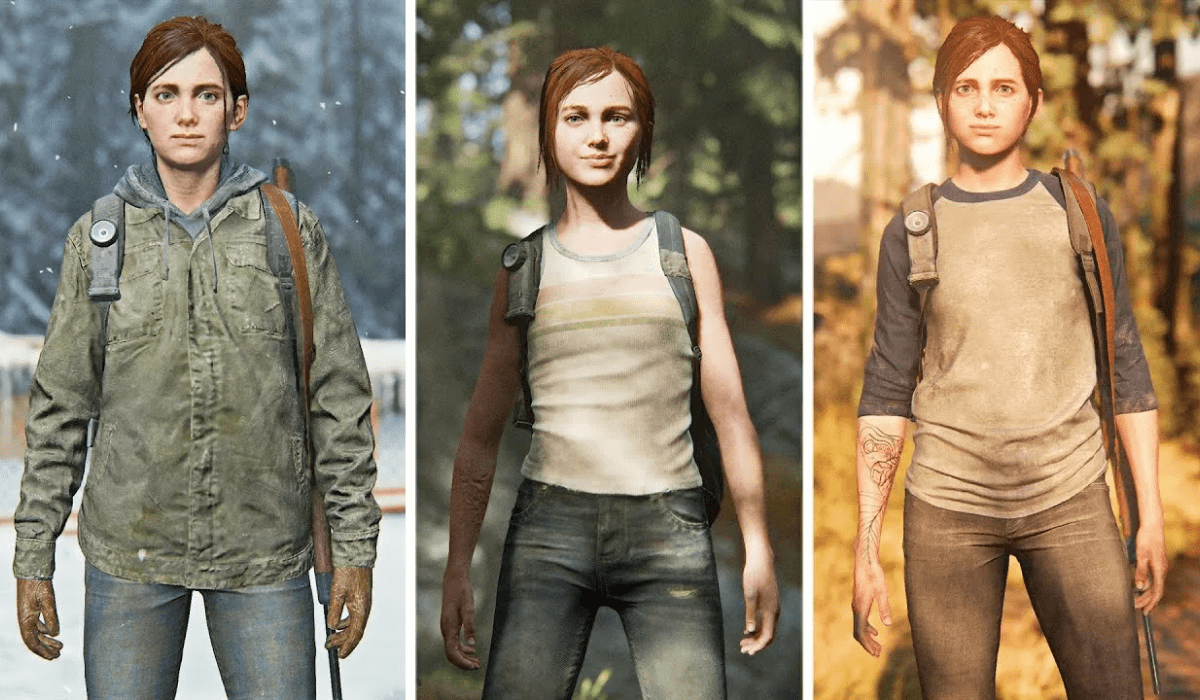
Most of Ellie's closet is red - probably her favorite color
The design of settings, buildings, furnishing elements and objects is one of the possibilities of conceptual art. Famous examples of concept art are Mass Effect, Warcraft, World of Warcraft, Diablo, Half-Life, Halo and other games that today are the pride of their developers and the inspiration for many creatives around the world.
Step three
The next step is to investigate the chosen idea in more detail. The artist can do additional research and make more sketches to find the perfect image. Once the artist has completed all the sketches and artistic designs, the project team discusses them, selects the most appropriate ones, and completes them as needed. Special attention is paid to the smallest details - the choice of fabric for the clothes, the texture of the skin of the main characters, etc. Often the artists hold meetings for mutual exchange of views.
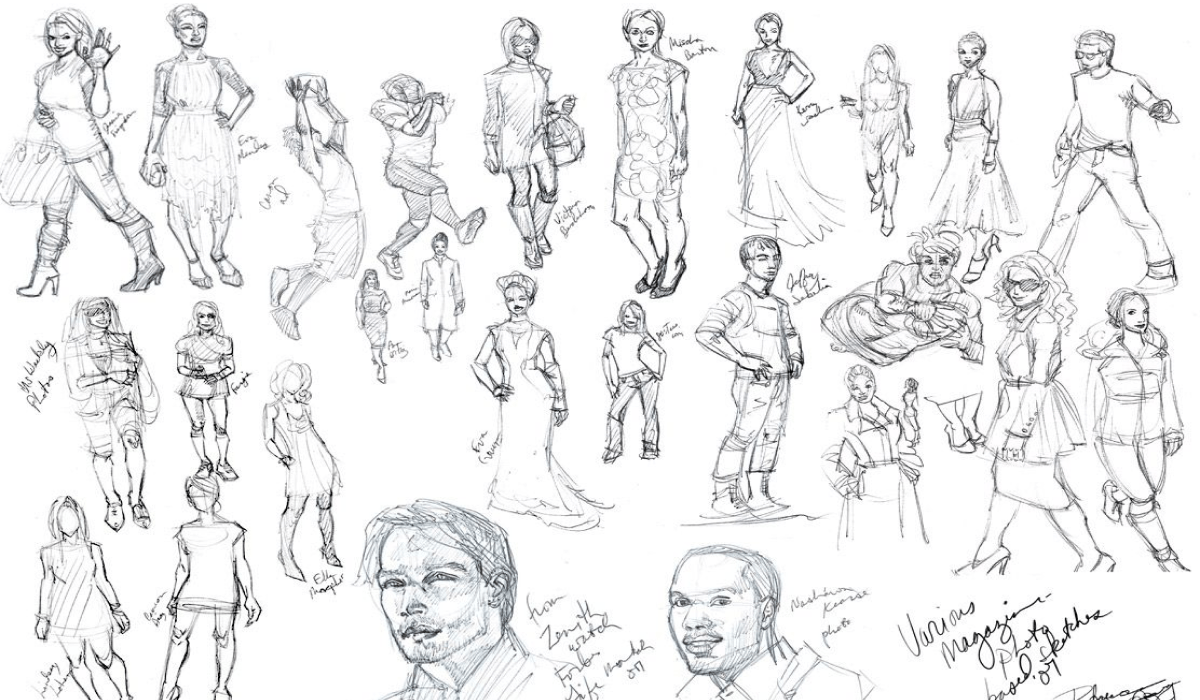
More practice, better results.
Many people may wonder: how do I create a concept for a figure? There are several important steps involved:
1. Idea generation and research. In this phase, the concept artist researches and develops the idea for the figure. He may spend many hours researching different concepts, historical periods, cultures, photography, fashion, and many other aspects that may inspire him to create a figure.
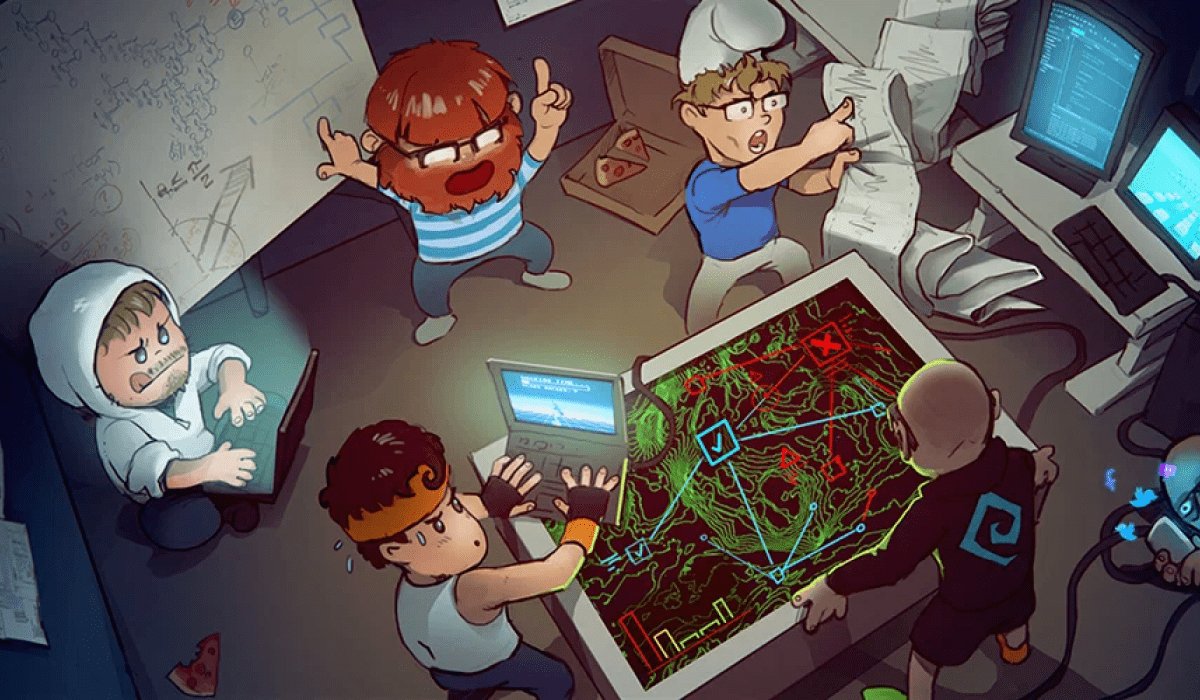
Nothing helps to visualize an idea as quickly as a drawing.
2. Create sketches. Once the idea is more or less established, the artist begins to make the first sketches of the figure. To do this, it may be necessary to create several variations of the same figure to see which one best meets the requirements of the project.
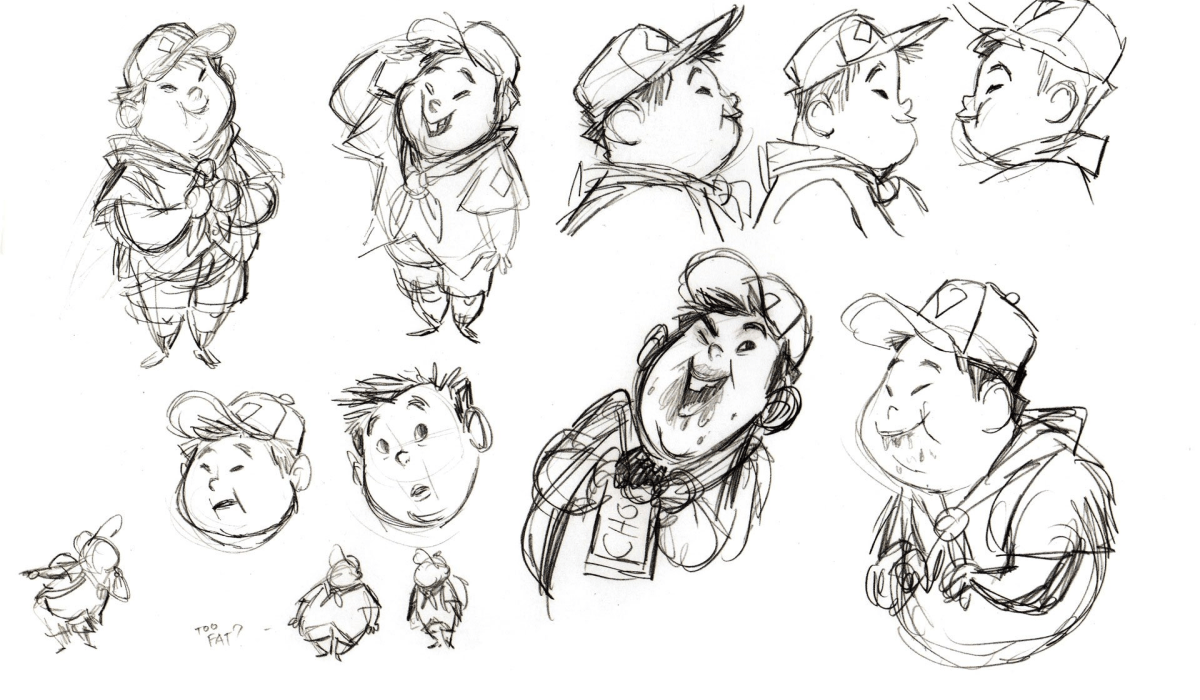
sketch. Carl Fredriksen in different years of his life
Create fast and expressive drawings in popular illustration techniques with the Sketching course. Learn to quickly and competently capture the ideas that arise in your mind and visualize them on a sheet of paper using pencils, markers, pens, and paints.
3. Detailing and refinement. At this stage, the artist moves on to detailed elaboration of the selected sketch, adding more and more details. This may include adding more detail to the figure's facial features, body, clothing, and accessories.
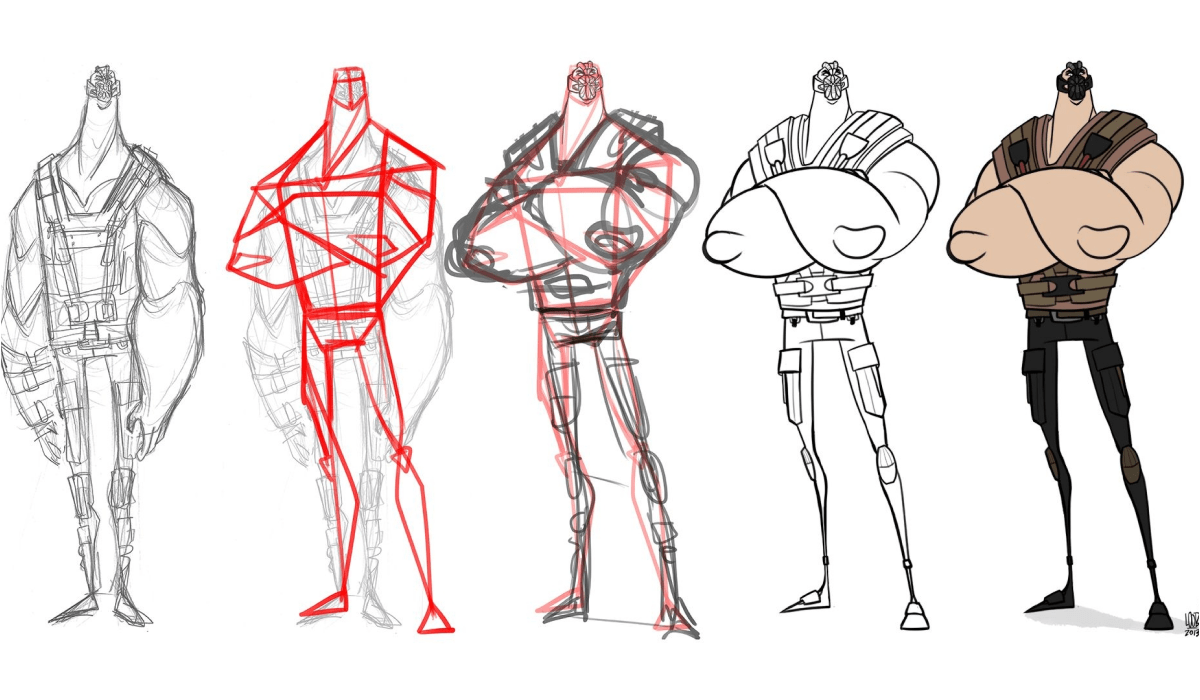
First, a quick (but careful) sketch is made in the desired perspective and pose, then the necessary anatomical information and volume are conveyed by "geometrization," followed by refinement of details and individual outlines.
4. Color and light. Once the basic shape and details of the figure are worked out, the artist begins to work with color and light to give the figure volume and realism. This is an important step because the proper use of color and light can greatly enhance the visual impact of a figure.
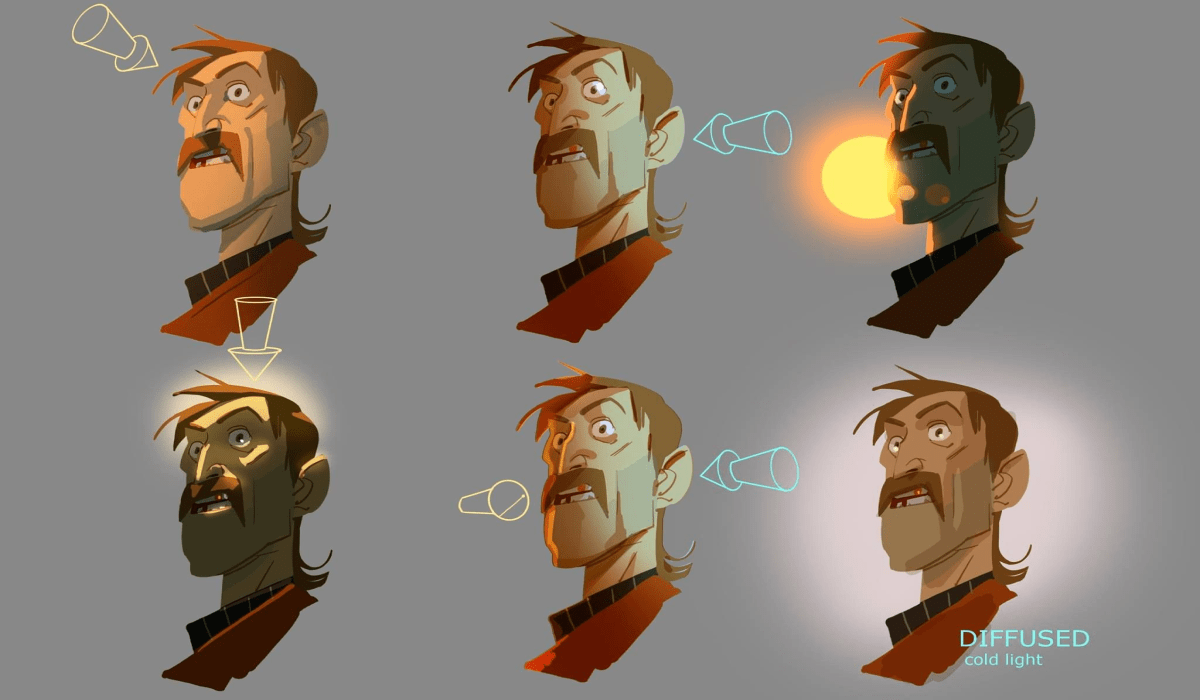
To "shape" a form with light, you need to know where the light source is in relation to the object to be represented.
5. Final works. In the final phase, the artist puts the finishing touches on the figure, refining details, improving color transitions, and working on textures and details to create the finished image of the figure.
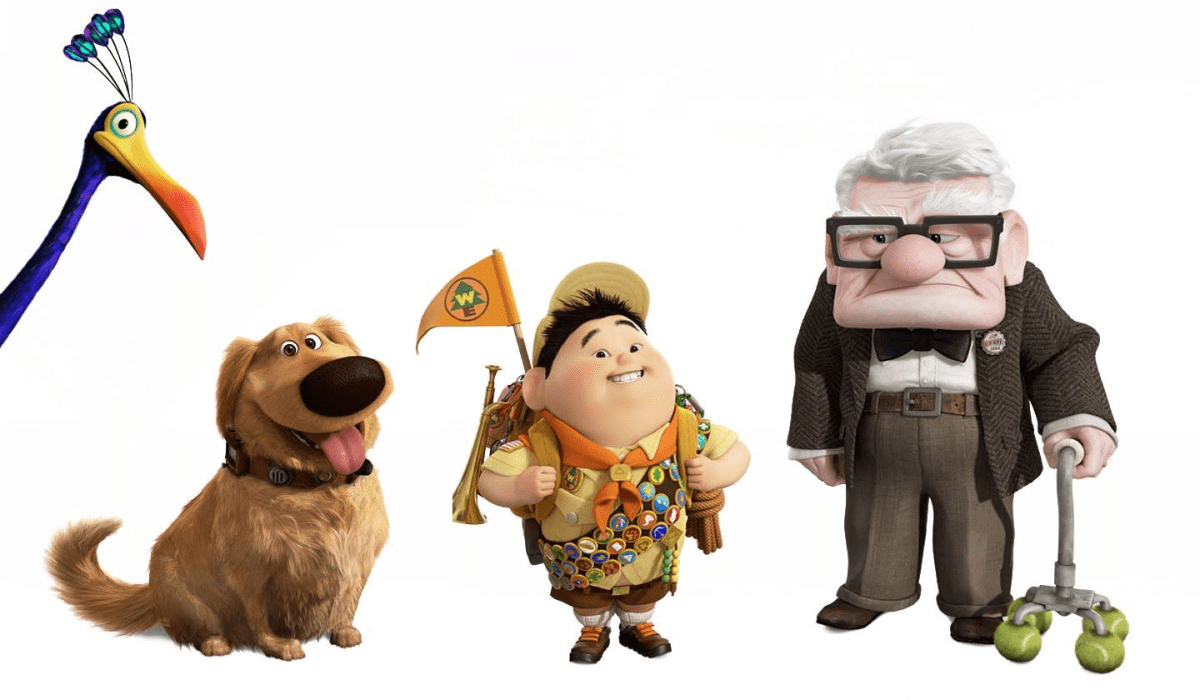
Carl Fredriksen is the main actor of the feature-length animated film Up.
Step four
Once the idea is defined, the artist begins to work out the details and create more detailed images. He may use his drawing style as well as techniques and programs such as Photoshop.
Creating concept art requires the use of a variety of tools, including both traditional and digital tools.
1. Traditional tools. Conceptual artists in some cases first use traditional methods such as pencils, markers and paints to create sketches and first drafts. This allows you to quickly get your ideas down on paper.
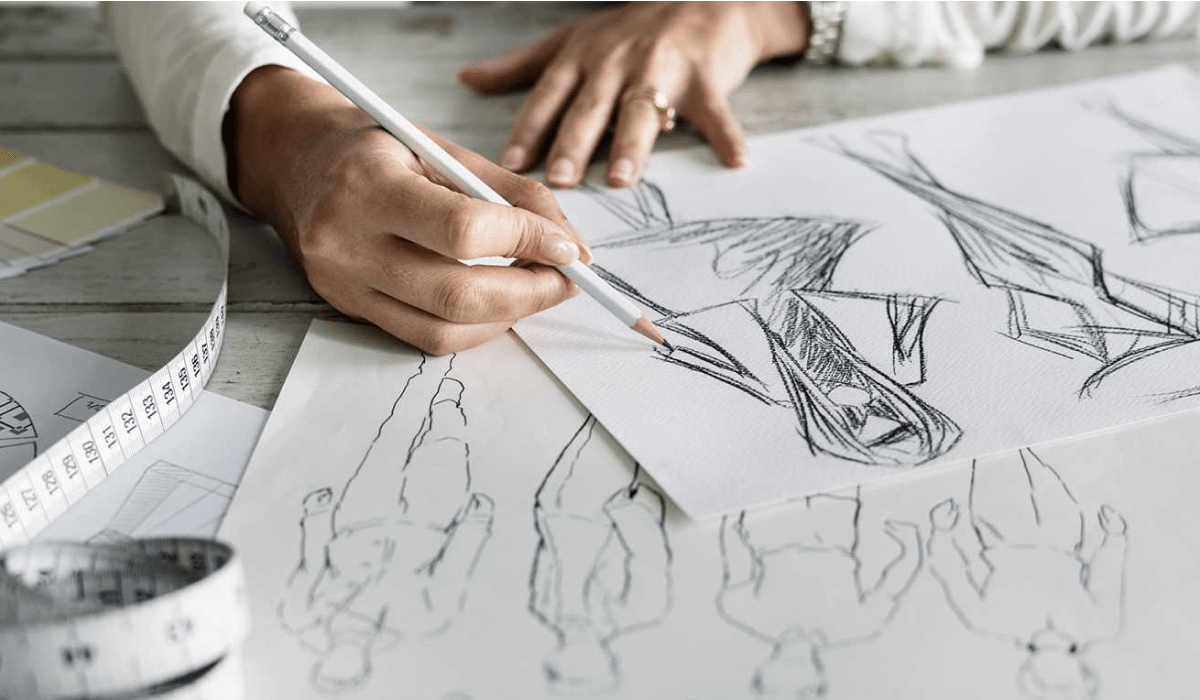
what's better than a good old-fashioned pencil and an eraser?
2. Digital tools. Digital tools are mainly used to create concept art. Popular programs such as Adobe Photoshop, Corel Painter, and Autodesk Sketchbook offer many ways to create detailed, high-quality images.
Interested in digital design but find it difficult to get started? Try the free and easy-to-follow video tutorials carefully created by CODDY teachers.
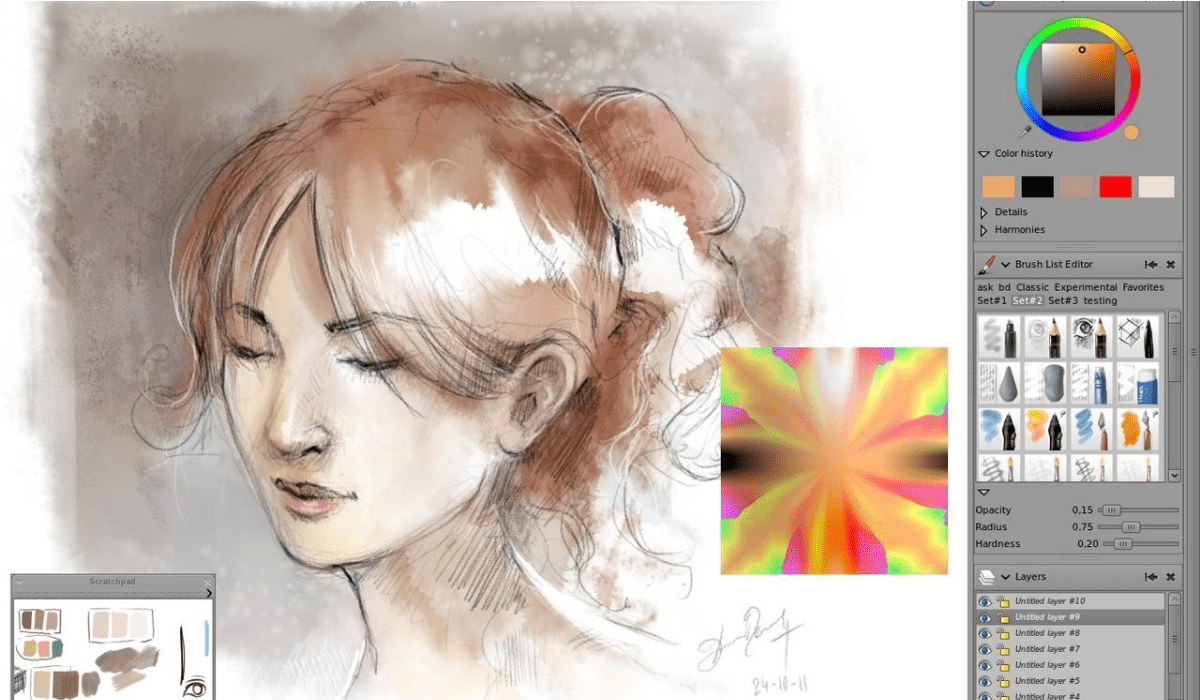
Drawing skills are very helpful when editing photos and collages.
3. Graphics tablets. These devices, such as Wacom or Huion, are used to draw directly on the screen and provide a high level of control and precision.
And here CODDY school will not leave you unnoticed, because we have everything you need to unlock your limitless potential! In the course "Digital Art: Drawing on the Tablet" you will perfectly master the graphics tablet and create a professional portfolio.
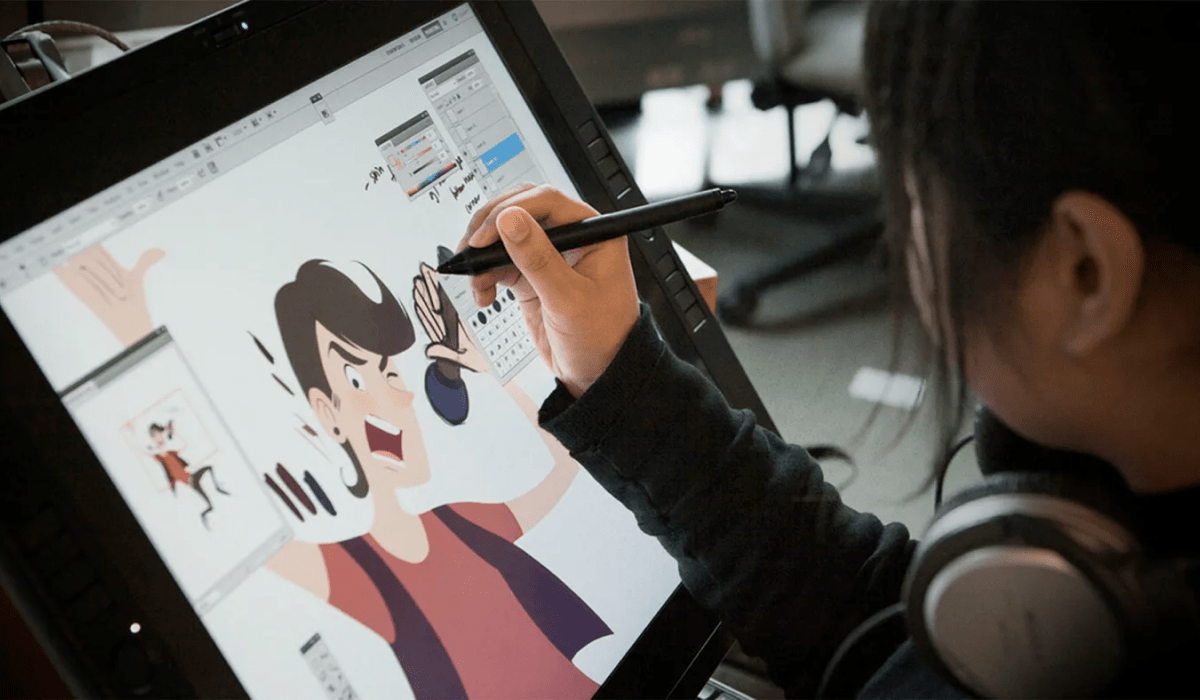
With constant practice, you will learn the graphics and tablet very quickly and be able to create your first full-fledged work of art.
4. 3D modeling. In some cases, 3D modeling programs such as Blender or ZBrush can be used to create more complete and realistic images.
In the end, a final version of the concept art is created. This may be a whole image or several fragments reflecting the stages of the game or different scenes of a movie. This concept art is needed to inspire the project team to develop a general style and direction for the work.
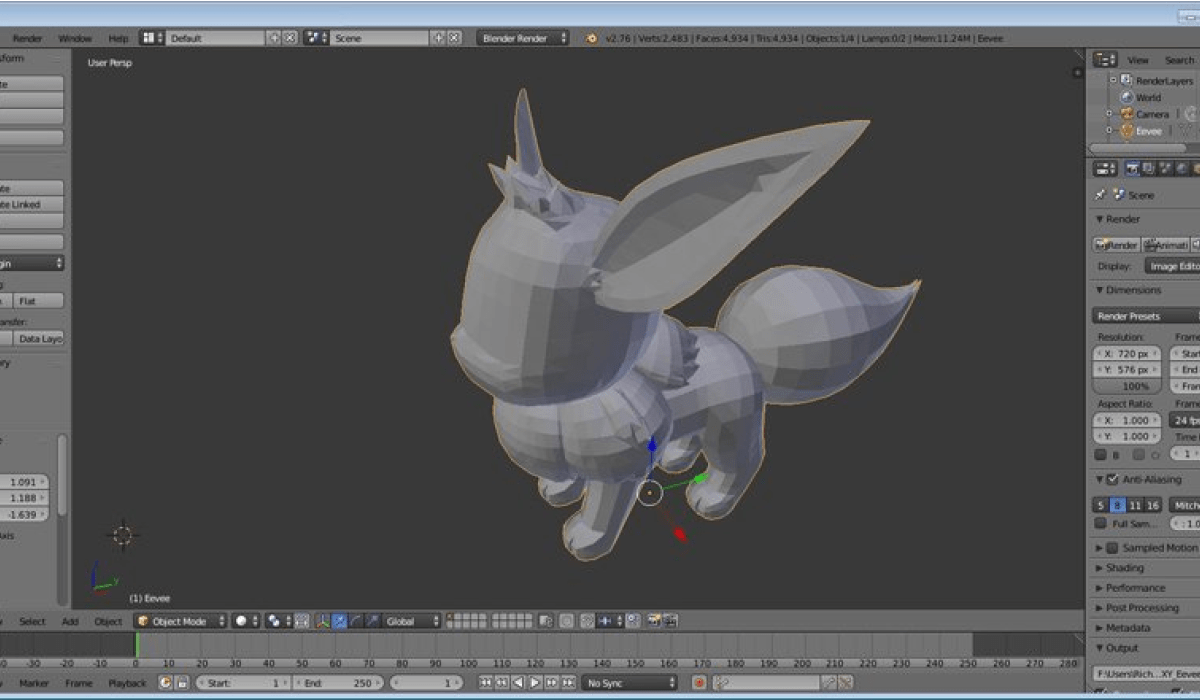
In the early stages of a career a 3D designer can get 40-60 thousand rubles, but an experienced specialist is estimated at 120-150 thousand rubles, and this is not the limit.
Final stage
Once the concept is ready, it is sent for testing. The client can ask for some changes or approve everything as it is.
Once the concept art created by the artists is then approved, it can be used to promote the project, create additional materials, and train developers. Concept art also serves as the basis for illustrations related to the overall development process. In this case, the concept art is the basis for the corporate identity.
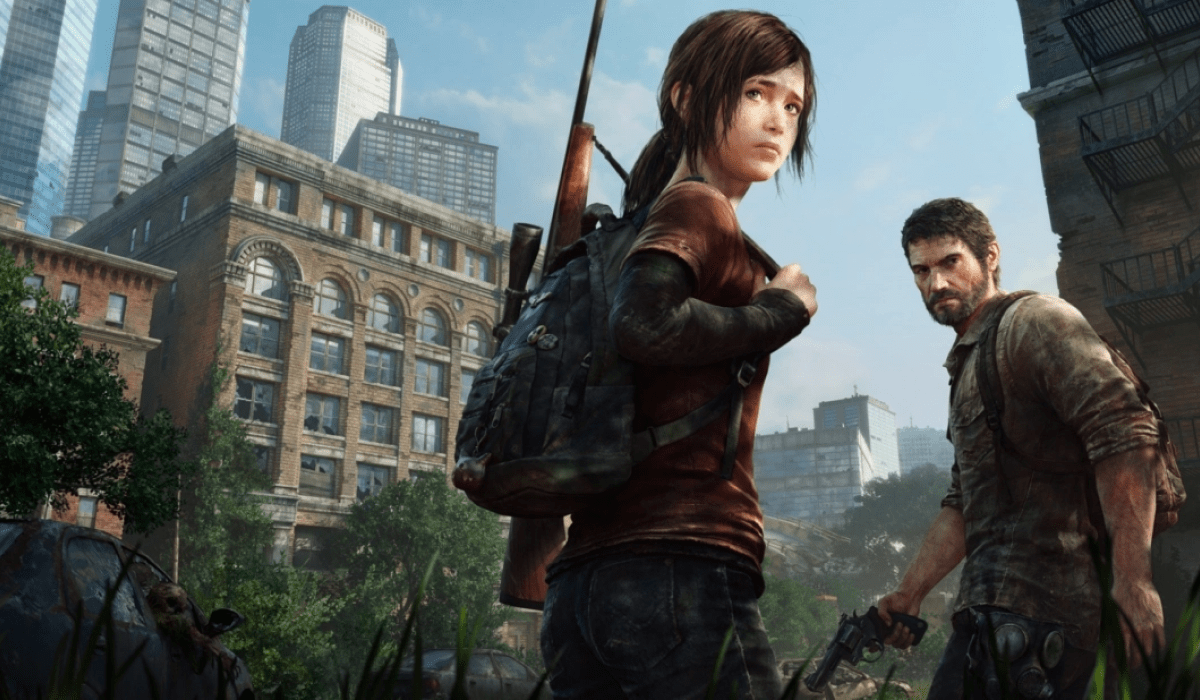
In the first year since its release, The Last of Us earned more than two hundred Game of the Year awards from various publications, as well as five BAFTA awards in 2014. Left Behind received several more awards, including another statuette from the British Academy. And in early 2020 Metacritic users named The Last of Us the top game of the decade.
***
Concept art is an integral part of the process of creating games, films, and animations. Because of its complexity and labor-intensive nature, this process requires a great deal of creativity and effort on the part of artists and makers. Here, more than anywhere else, imagination is given free rein.
